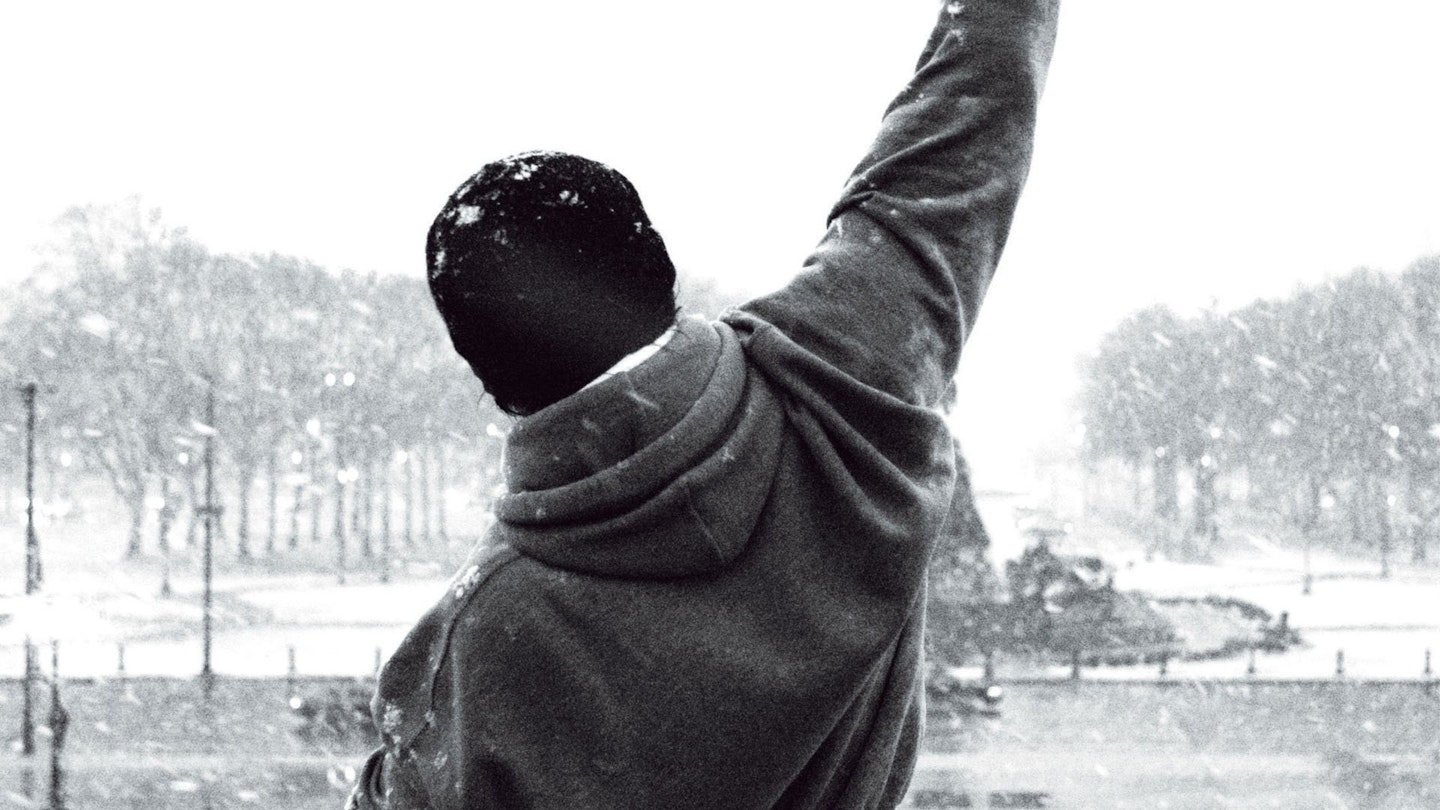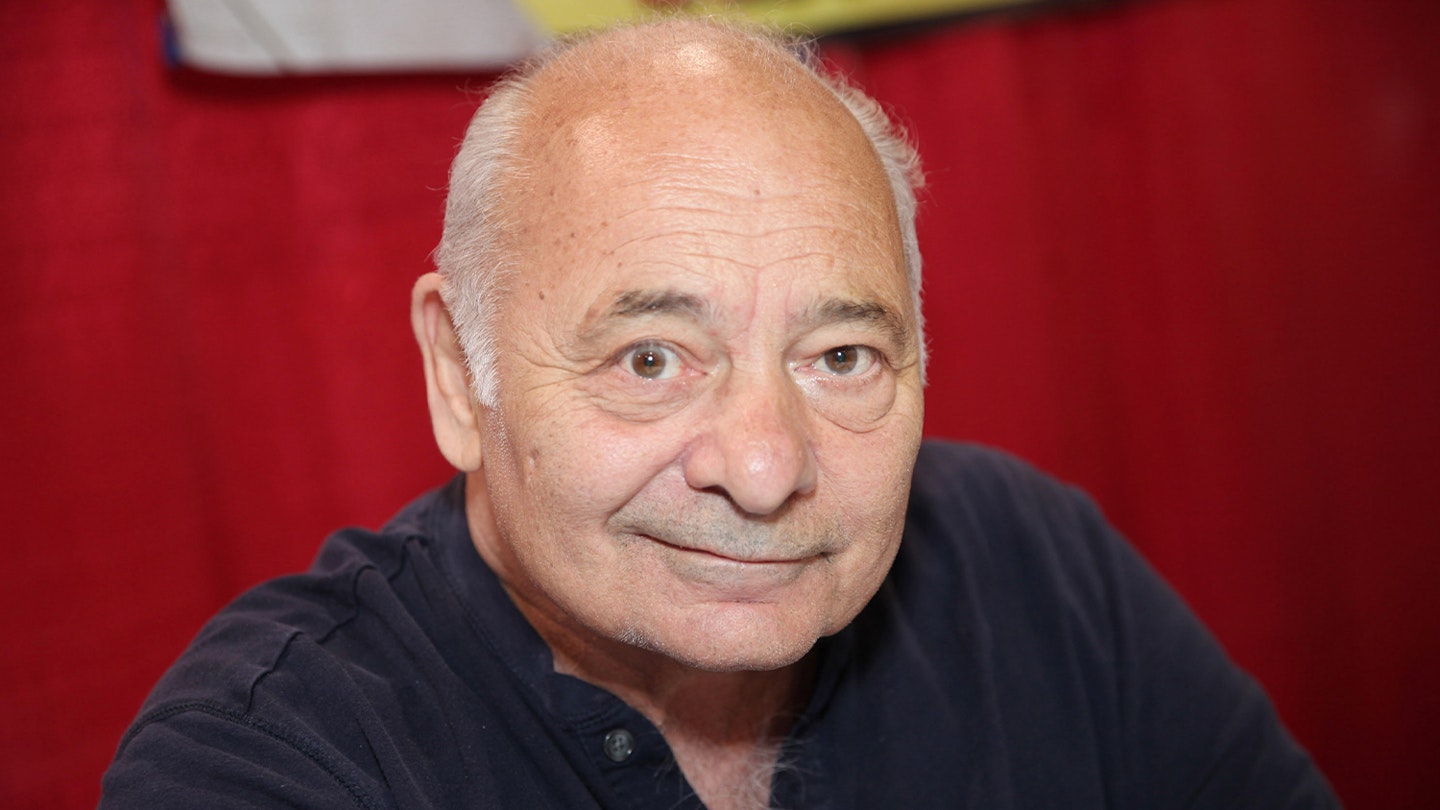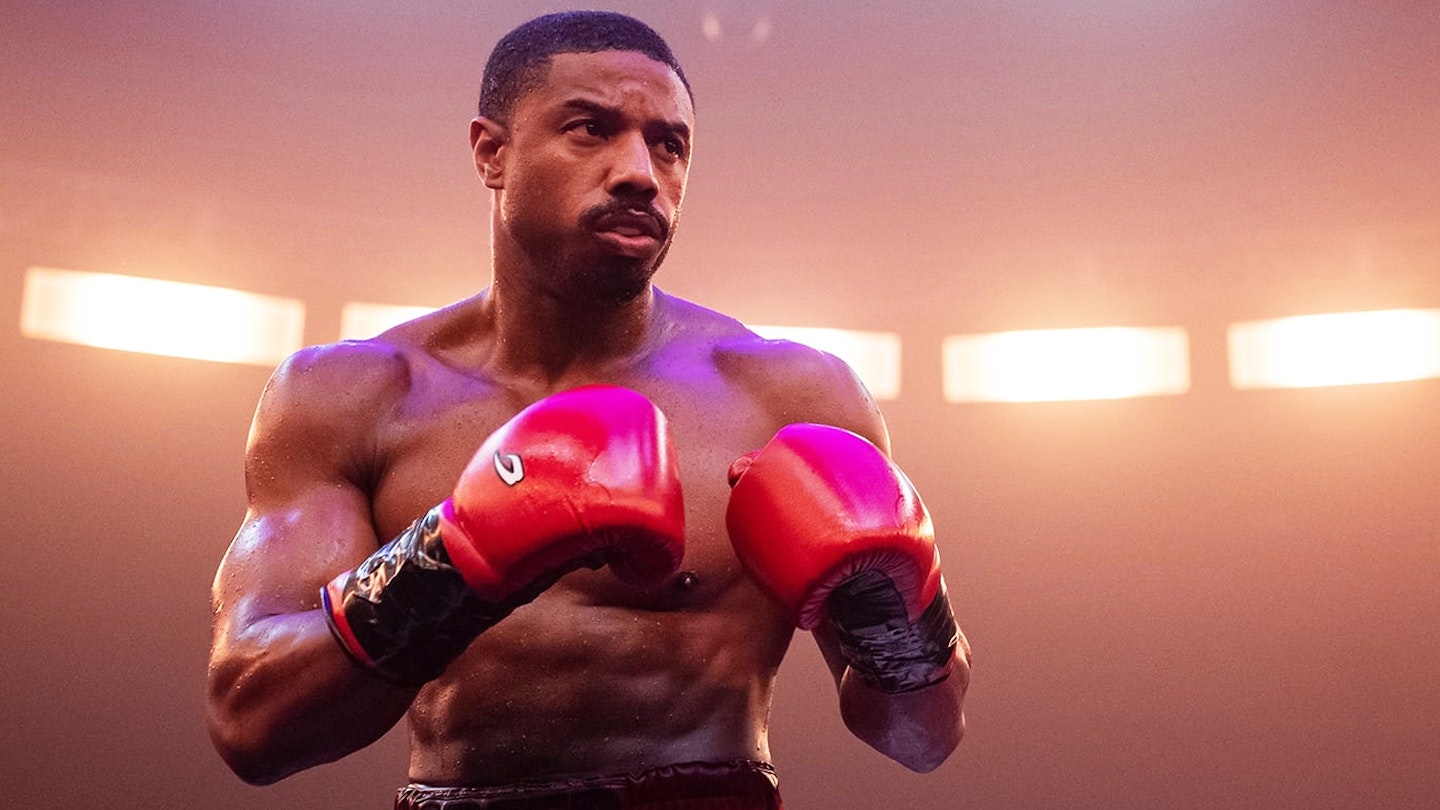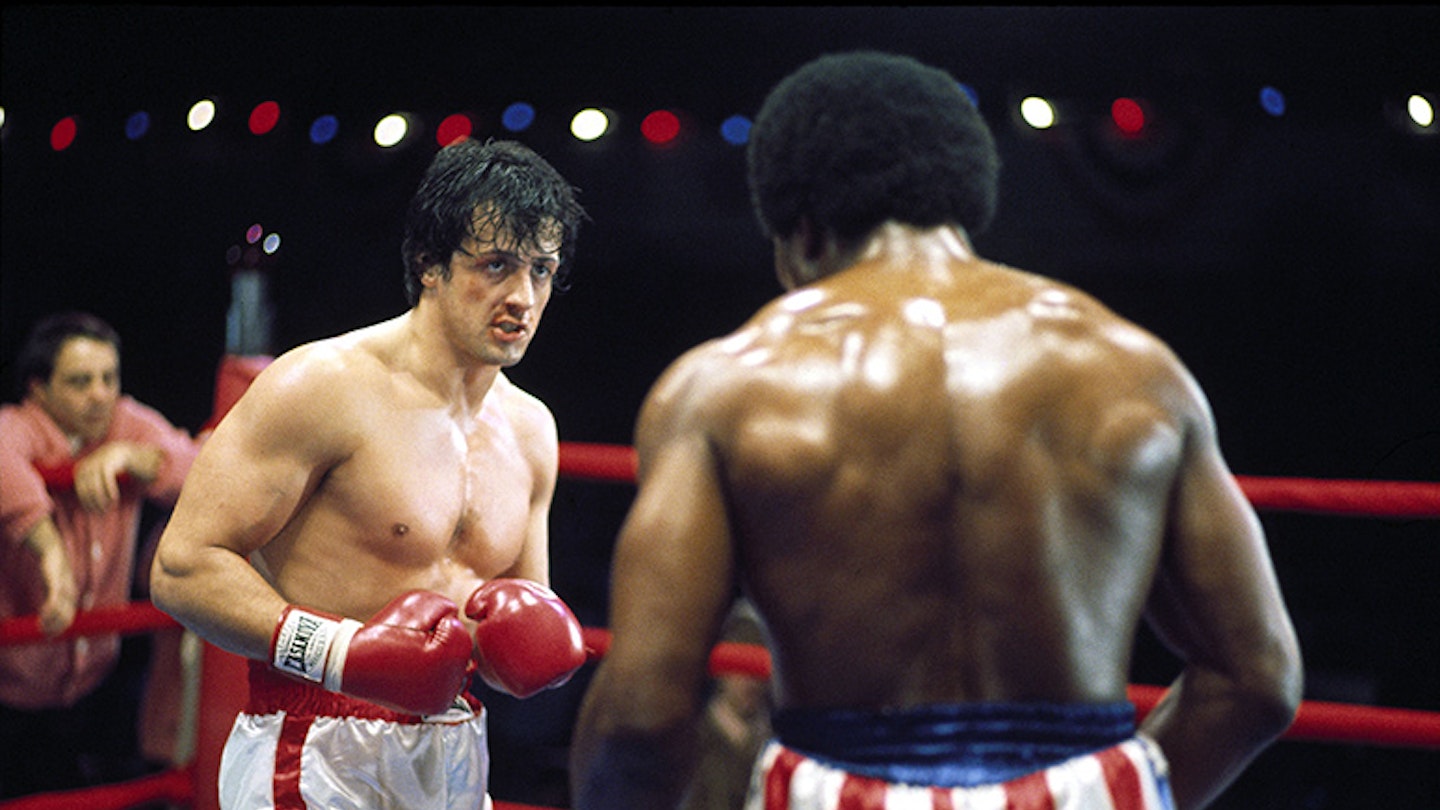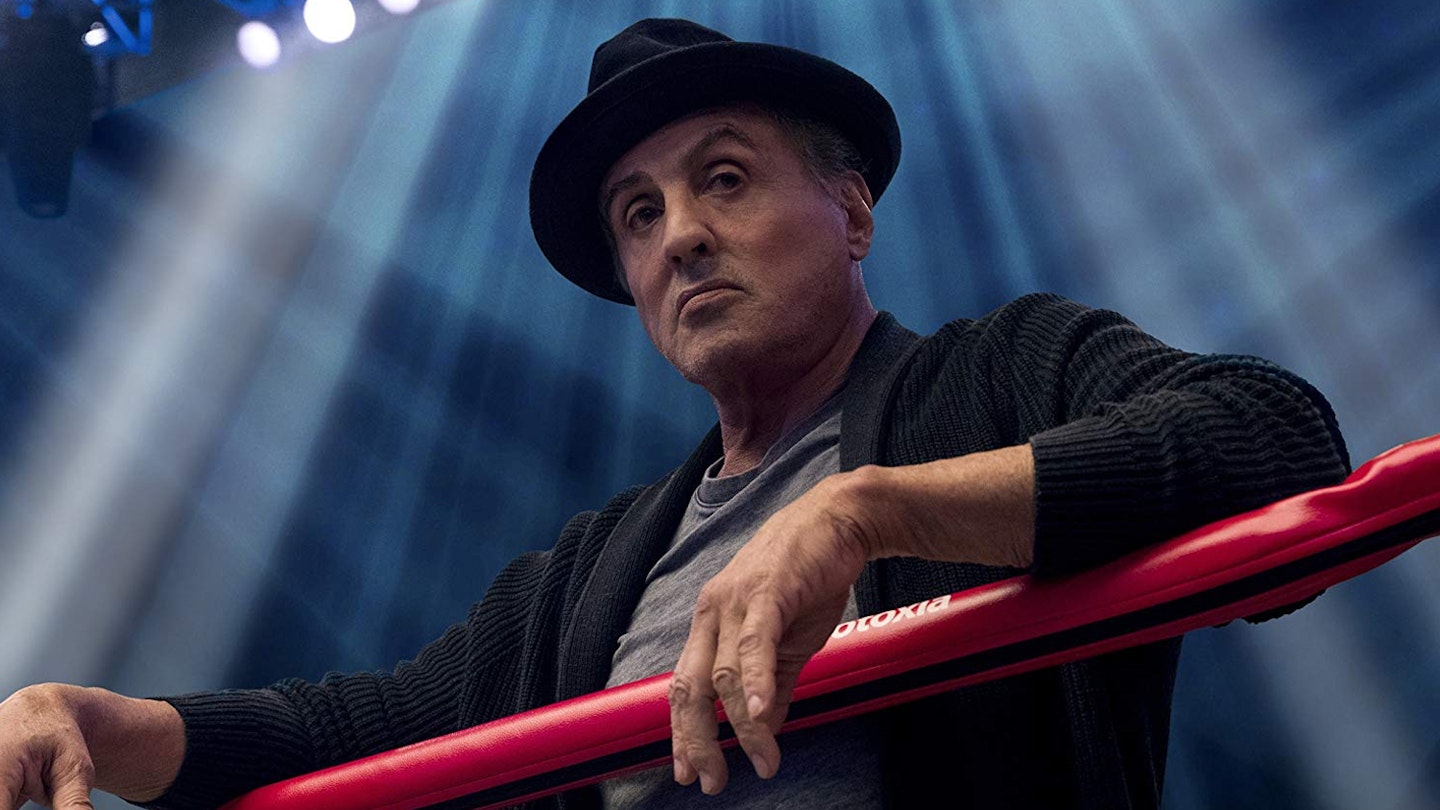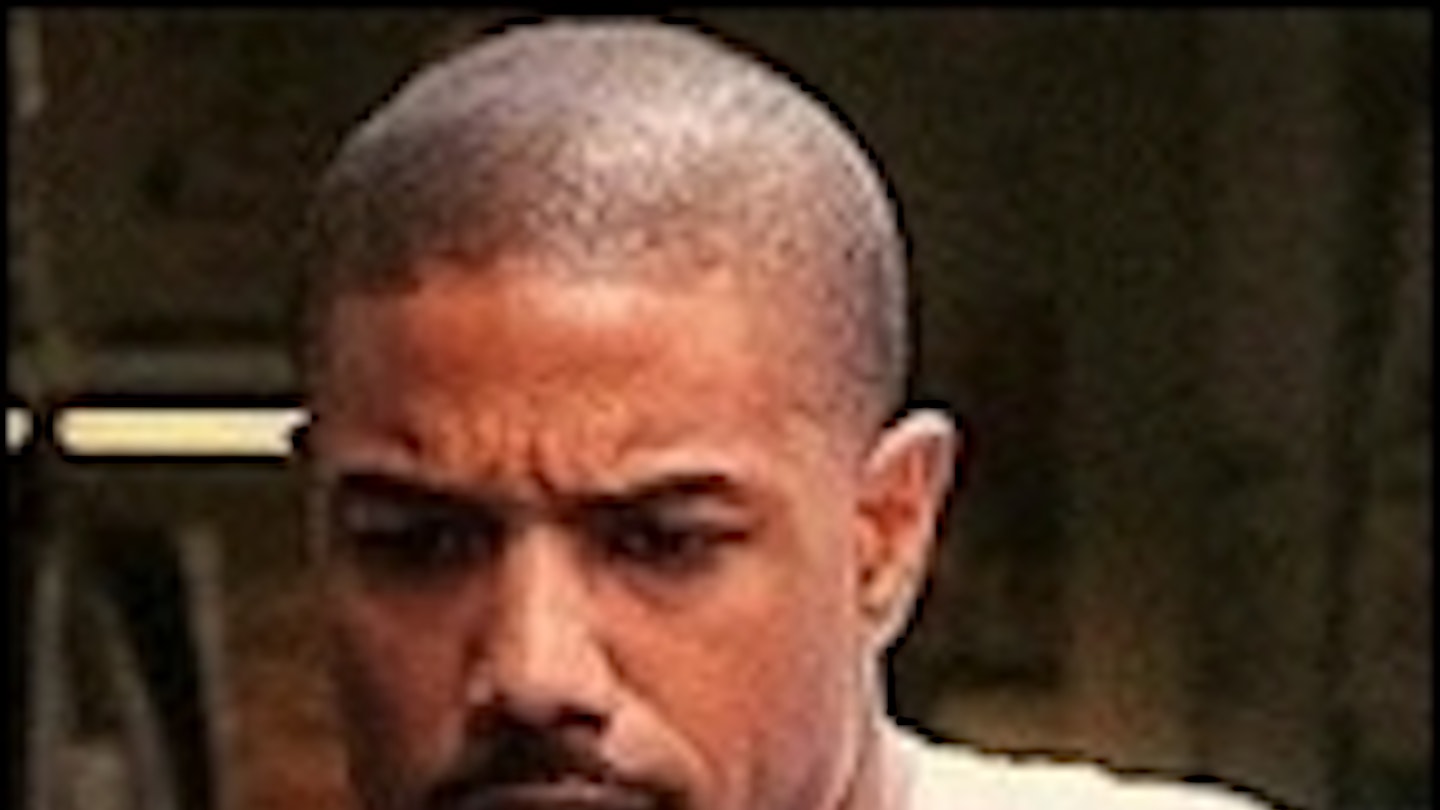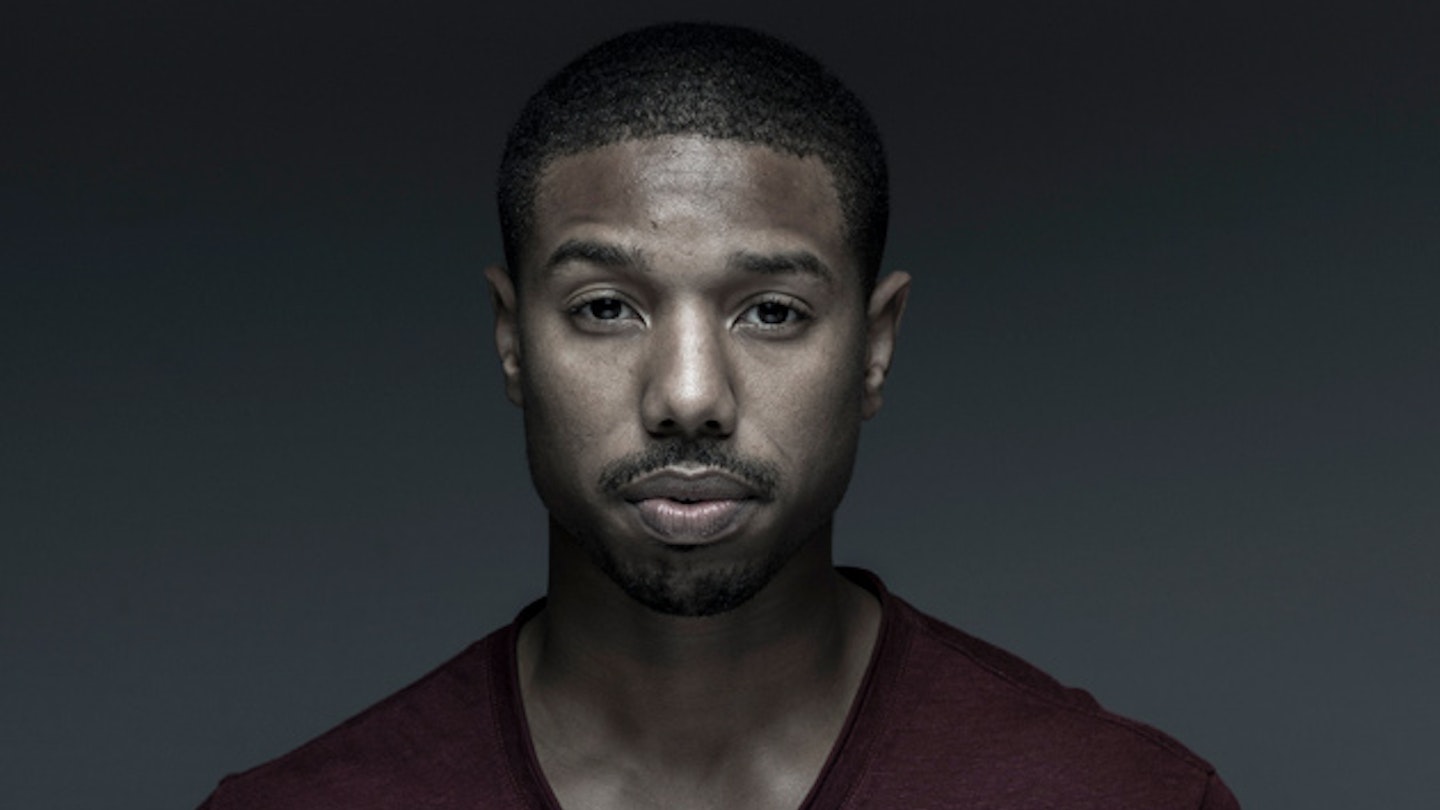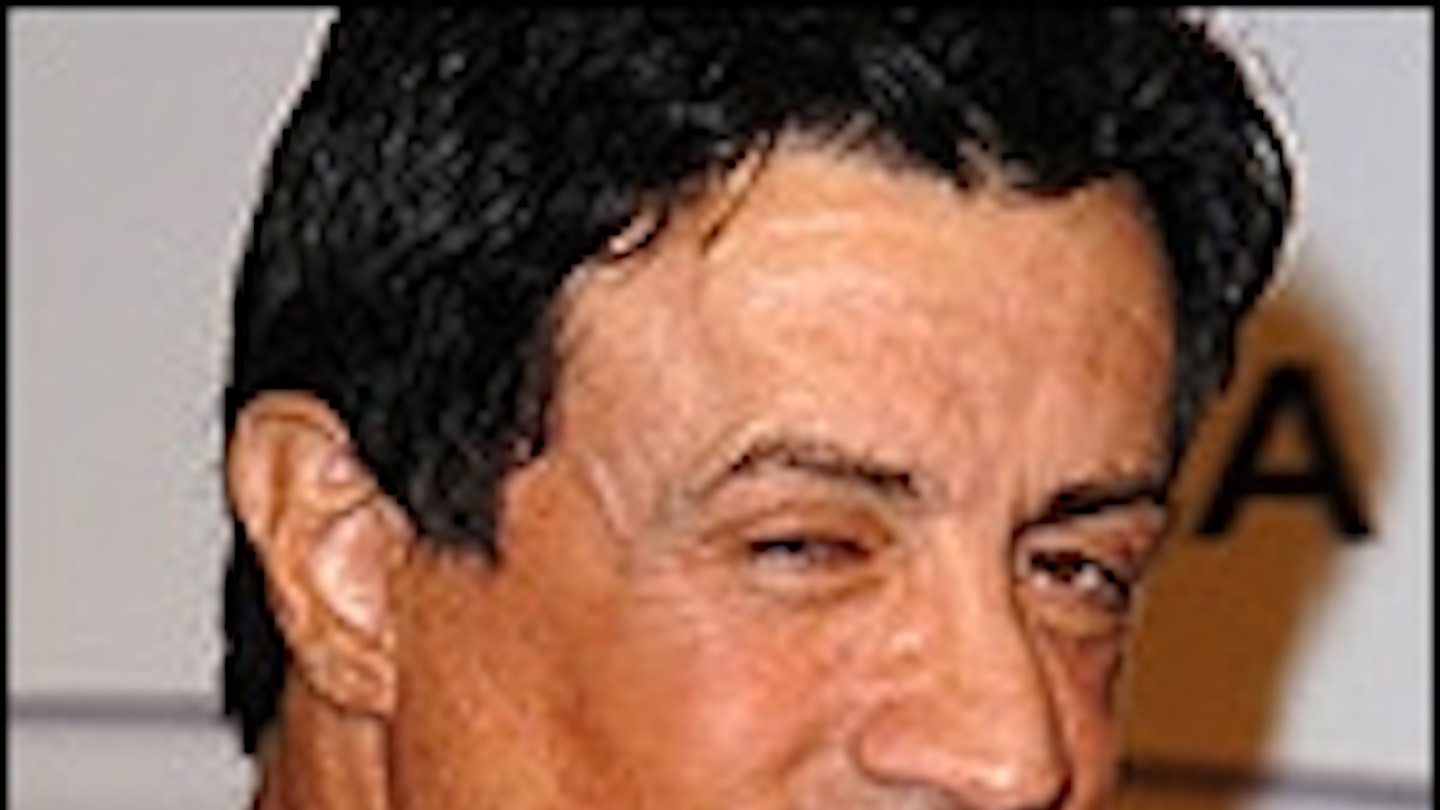Rocky Balboa, The Sixth entry in Sylvester Stallone’s ring cycle, pulls off the unique cinematic feat of being totally terrible and completely brilliant at the same time. Thirty years after he first appeared (and 16 since Rocky V), Rocky Balboa, both the character and the film, remains simple, sentimental and cocksure. There have been no Casino Royale-style re-inventions here but, in some senses, this is equally smart. Completely understanding the level on which the movie needs to work, Rocky Balboa is bold, broad and magnificently big-hearted. Stallone slyly ties the fictional story — a man trying to reclaim former glories the only way he knows how — with the audience goodwill toward the meta-story — a filmmaker trying to reclaim former glories the only way he knows how — and recaptures enough of the original’s gritty urban feel, big emotional moments and triumph-of-the-underdog shenanigans to offset the clunkiness of the execution.
By any usual critical yardsticks, this is trite stuff. Much of the movie sees Rocky giving big, overwritten speeches full of hackneyed homilies to the underwritten characters who circumnavigate his life. Scenes that see Rocky mooning over his late wife or trying to reconnect with his estranged son are written and staged with the subtlety and nuance of a fence post. Even worse, Stallone — to mix our sporting metaphors — drops the ball on Rocky’s motivation for returning to the ring. There’s some guff about “the monster building up inside”, but the actual reasoning is fuzzy and mystifying.
Yet what saves Rocky Balboa is a commodity rare in movies these days: affection. Stallone clearly loves this character and knows that we feel the same way. As a director, he is not afraid to commit to the material, however clichéd things get, confident that we’ll warm to Rocky’s plight. Sensibly, after the excesses of Rockys III-V, he’s also dialled it all back, approximating the realistic milieu of the first flick. As an actor he has an innate dignity and hangdog charm that can make the corniest dialogue palatable, and lends the portrait of a man trying to come to terms with his changing world a tangible emotional weight.
Bizarrely, it resembles Back To The Future Part II (without the twisty-turny time-travel stuff) in that it almost overlays the sequel on the original. From Bill Conti’s fanfare over the opening credits, to Rocky’s pet turtles, to his tentative relationship with a grown-up “little Marie”, to Rocky and Paulie’s tour of the key locations from the first flick, Stallone neatly evinces a nexus of recognition, warmth and nostalgia. If you’ve been raised on Rocky, the mere sight of a training montage, all punching cold slabs of meat and running up steps, will leave you giddy with excitement. And the final showdown against Mason Dixon (Antonio Tarver), with its full-blooded, hyper-real, toe-to-toe pugilism, is up there with the Apollo Creed/Clubber Lang fight nights of old. You’ll spot the outcome a mile off, but as always with Rocky, what matters is the journey.
